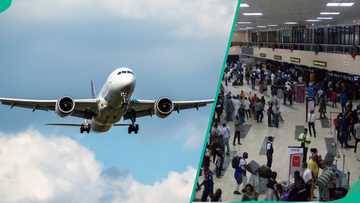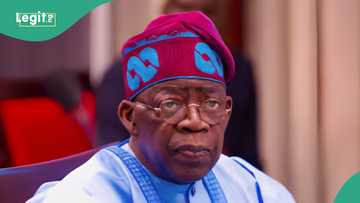NAICOM Releases Updated Requirements Amid Plans To Enforce Building Insurance
- After successfully enforcing third-party insurance for drivers and all vehicles, NAICOM is shifting its efforts to buildings
- The commission had earlier agreed with the federal fire service that all public buildings be insured against fire outbreaks
- In a recent development, NAICOM has listed the requirements for insurance of public buildings and buildings under construction
Legit.ng journalist Ruth Okwumbu-Imafidon has over a decade of experience in business reporting across digital and mainstream media.
The National Insurance Commission (NAICOM) is set to enforce compulsory insurance for public buildings and buildings under construction.
NAICOM stated that this enforcement will enhance risk management and improve regulatory compliance in Nigeria’s real estate industry.
This supports an earlier agreement made with the Federal Fire Service to mandate fire insurance for buildings.
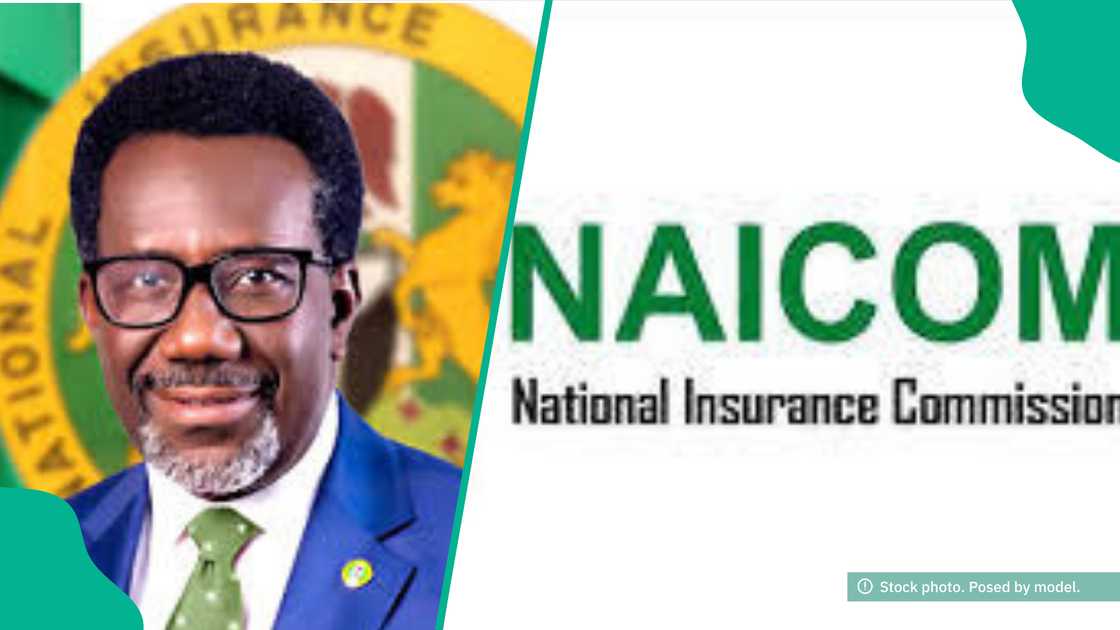
Source: UGC
It was announced at the time that fire insurance would be a requirement in the building checklist for public and private properties, and buildings under construction.
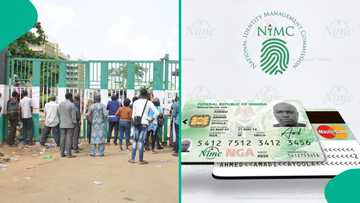
Read also
NIMC reaches 120 million NIN registrations, targets full national enrolment by year-end 2025
This was confirmed to be a necessity, especially at the onset of the dry season in Nigeria, when fire outbreaks are common.
NAICOM to enforce building insurance
Speaking at the 4th meeting of the Joint Committee on Insurance for Public Buildings and Buildings Under Construction, held on Wednesday, May 14, 2025, in Abuja, the Deputy Commissioner for Insurance (Finance and Administration), Ekerete Gam-Ikon, reiterated the need for building insurance in Nigeria.
He noted that the efforts started with ensuring third-party motor insurance, and the commission is now ready to enforce building insurance for buildings.
The meeting brought together stakeholders from the insurance sector, quantity surveyors, the Federal Fire Service, and other regulatory bodies to review enforcement progress and implementation measures.
Speaking on the commission’s enforcement strategy, Gam-Ikon called for collaboration from the stakeholders and agencies, including Development Control, Federal Fire Service, and the Nigerian Insurers, noting that it cannot be achieved in isolation.
NAICOM's requirements for building insurance
All the stakeholders shared their thoughts on what the requirements should be for building insurance. Some of the highlighted requirements include;
- Risk assessment and adequate coverage are required before the approval and issuance of building insurance.
- Proper documentation of the said property.
Gam-Ikon urged the Development Control Unit to assemble a comprehensive database of public buildings and ongoing constructions.
He stressed:
“Only buildings with approved documents should be insured. We must avoid a situation where buildings are insured without proper regulatory clearance.”
NAICOM: Stakeholders partner to enforce building insurance
According to the PUNCH, the stakeholders committed to data sharing and public awareness to improve compliance with the new directive.
The NAICOM Director of Legal Enforcement and Market Development, Talmiz Usman, said;
“Your continued involvement is key to achieving the commission’s objectives. We must work together to strengthen the enforcement of compulsory building insurance to safeguard lives, assets, and investments.”
NAICOM to resolve outstanding complaints
NAICOM has initiated efforts to resolve approximately 1582 unresolved insurance claims dating from 2021 to 2025, urging companies to settle these claims promptly.
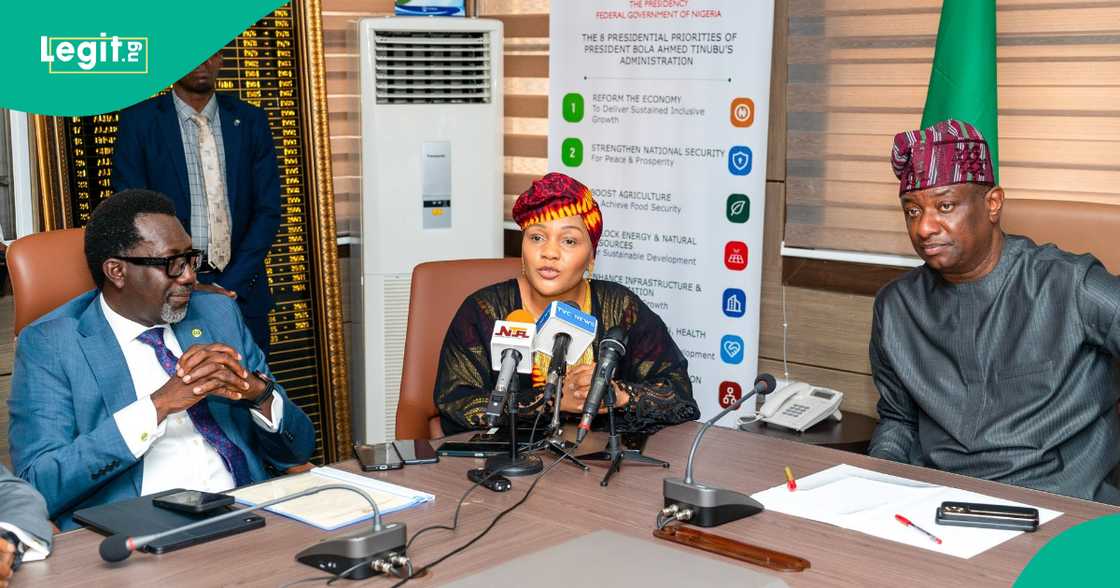
Source: Twitter
This followed a protracted period of warnings to the insurance companies to reduce the number of unresolved claims in their books.
The full list was published on the NAICOM website, and the commission called for a speedy resolution.
NAICOM reviews aircraft leasing requirements
Earlier, Legit.ng reported that airfares in Nigeria are expected to drop following the federal government's latest policy revision to ease aircraft leasing for domestic airlines.
Industry experts say the move could reduce operational costs, enable airlines to expand their fleets, increase competition, and ultimately lead to lower airfares.
The policy will make it easier and cheaper for Nigerian airlines to expand their fleets, easing pressures.
Proofreading by James Ojo, copy editor at Legit.ng.
Source: Legit.ng


